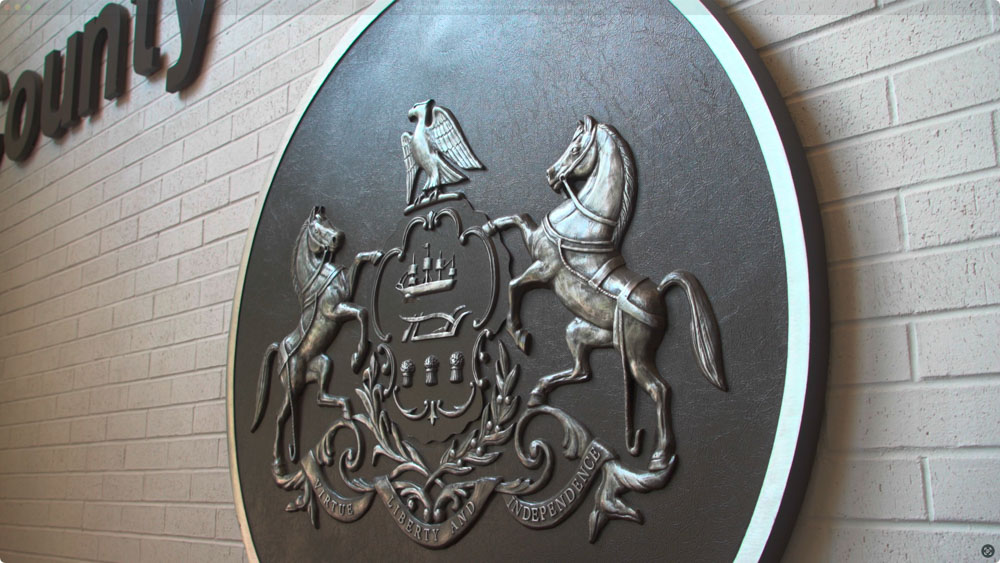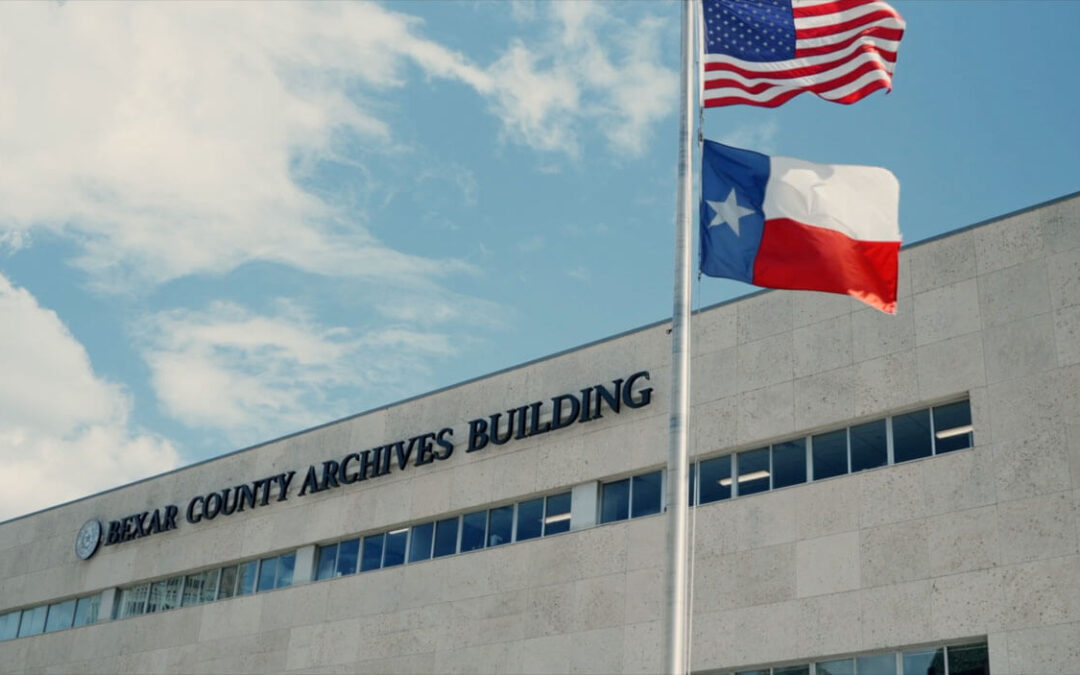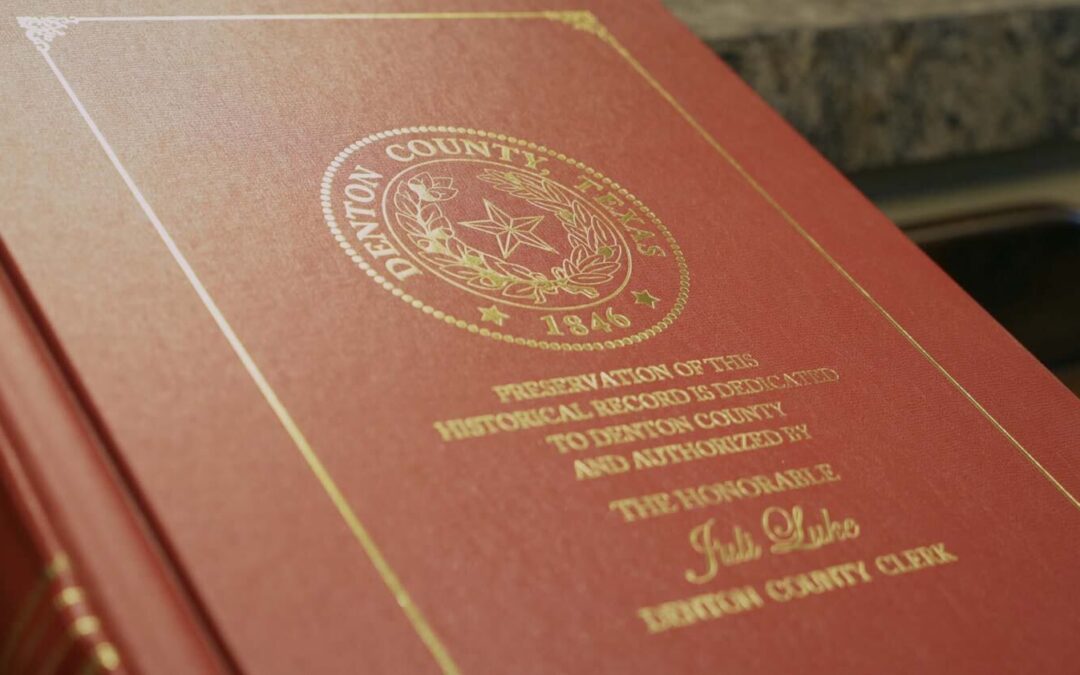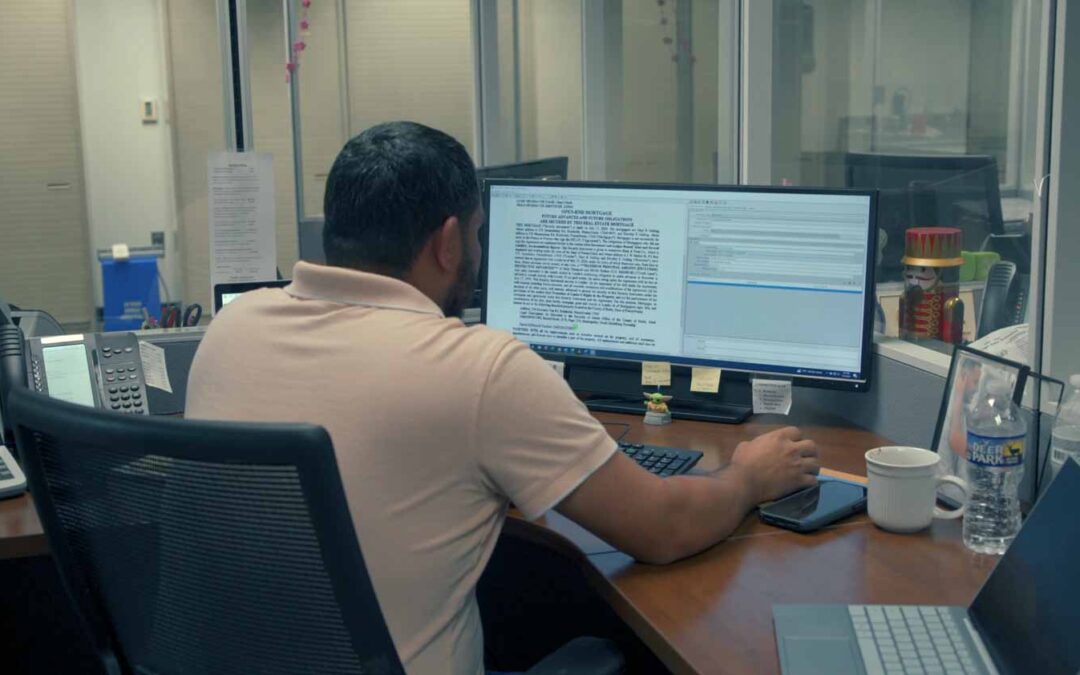Case Study
How Glendale, AZ Created a Plan for Short-Term Rentals Ahead of Super Bowl LVII
Overview
In our recent live event about short-term rental (STR) trends in Arizona, we were joined by two special guests from the City of Glendale, AZ.
Rick St. John, Deputy City Manager and Feroz Merchhiya, Chief Information Officer & Chief Information Security Officer sat down to share their perspective on planning and implementing an STR solution prior to and following the recent SB 1168 legislation.
While many government agencies are moving quickly to develop STR programs that will better serve their communities in light of SB 1168, as the host of the 2023 Super Bowl, Glendale was on a particularly tight schedule to find and implement software in time for the big event. Here are some highlights from our conversation, including best practices and what to consider when getting started with your own STR program.
Glendale, AZ
Rick St. John
Deputy City Manager

In May 2022, Glendale passed an ordinance in line with state law. Can you talk us through that?
Rick: In March and April, we started discussing with City Council the expected rise in STRs for the Super Bowl. We looked at what types of problems often occur at STRs and what the city could do to try to mitigate some of those.
At the time, we could only require STR hosts to provide owner and emergency contact information, but we could stipulate certain things in our ordinance about how STRs could or could not be used (e.g., for commercial purposes, to hold a special event that would otherwise require a different permitting process, etc.).
The ordinance was passed in May and then in September, Governor Ducey signed SB 1168 into effect, which allows us to add additional requirements to further refine how we regulate STRs.
What was the business case for seeking a partner to help develop a holistic approach to STRs?
Rick: With the change in legislation, we can make new recommendations to City Council on how best to regulate STRs.
We asked: Would it be beneficial to mandate that STR owners apply for a permit or a license to operate? If so, what would we charge for it? If they refuse to get one, what’s the penalty?
Our goal isn’t necessarily to generate revenue but rather to offset the cost of what’s needed to regulate STRs for the good of the community.

What was the process to determine the best way forward to meet the needs of Glendale?
Feroz: Initially, there was the question of “buy versus build” and to arrive at a decision we needed to see what solutions were already available. We considered whether there were any unique needs that an outside solution could not provide and would lead us to develop a solution in-house. In this case, there were solutions available, and time was of the essence.
The next step was to look at who the players are in the market and invite them to showcase their capabilities and product.
What criteria do you use to evaluate solution providers?
Feroz: First and foremost, we want to ensure we’re addressing the business needs and requirements that enable the software to support us effectively and efficiently. Second is what we see from the technology side, which is scalability, maintainability, and openness of the system—all the things that are normal attributes of a modern software solution.
We need to make sure we select a solution that’s going to exist harmoniously in our ecosystem and not create conflict, which would require us to deploy more resources.
What other departmental decision-makers did you engage with as part of the process?
Rick: My background is in public safety, so I understand the field response to a nuisance party or unlawful gathering at an STR but it was important to have other perspectives.
In addition to Feroz, I involved our budget finance director knowing the system would need to be paid for using the city’s general fund and our tax and license manager who understands the nuances of licensing and identification in case we wanted to handle it in-house.
There’s no one person at the city level who understands every nuance of STR regulation so putting together a team of everyone who has an interest was paramount for us.
Glendale is now moving forward with implementing an STR solution. Do you have a sense of how you’ll measure its success?
Rick: From a public safety perspective, when you introduce a new ordinance or city code, you expect to see a spike in activity then it drops down and levels out as enforcement starts to control the issues.
The Super Bowl is kind of an anomaly. We expect there to be a bigger-than-normal uptick around STRs and enforcement needs but once we get through it, I think we will see numbers a little higher and then start to drop off through enforcement efforts.
That would be my gauge of success, seeing that uptick and then that downward trend into a leveling platform.
It’s relatively early in the implementation process but are there any best practices you’ve learned over the last 3-6 months that you can share with your counterparts?
Rick: Don’t operate in a silo. Pull a team together early on and get their input to develop and move forward with a plan. Other teams bring a unique perspective and should be involved in the process from the start.
When you collaborate, you get a solution that works for everyone and benefits the city as a whole, which should always be the goal since it’s the best use of taxpayer dollars.
Feroz: I would add that no system you put in place will be the “be-all and end-all” so operate from the mindset of continuous improvement. We’re starting this journey and uncovering questions we were not able to foresee at the onset, and that’s perfectly fine. There will be late discoveries.
The key is to have an open mind, address questions as they come up and be nimble. The only way to be nimble is to have all stakeholders engaged. We meet on a weekly basis, engaging to make sure the momentum is sustained and the delivery is done at the right time.
Glendale, AZ
Feroz Merchhiya
Chief Information Officer & Chief Security Officer
Any final thoughts on what to look for when partnering with a company for this type of initiative?
Feroz: It’s different from the past when you would purchase software, receive a CD and install it on your server. The SaaS model truly emphasizes the aspect of a partnership and it starts from the initial conversation.
For us, there has been constant communication which is important because we’re new to the platform and we cannot think far enough ahead to anticipate all the questions we might have. Who your partner is and their product features are one thing but regular communication, customer intimacy and the timeliness of responses are important.
Rick: The communication really has been seamless. I get emails and notifications about what’s going on and the progress being made. From a manager’s perspective, if an elected official or someone from the community calls to ask where we are in the process, I don’t have to make a phone call. I already have that information. That makes my job so much easier. I appreciate our project manager and the implementation team as a whole. Being in on the communication that’s occurring, it’s phenomenal.
As Arizona communities implement solutions enabled by SB1168, GovOS is offering exclusive partner resources to assist local governments with best practices, good neighbor education and community preservation information. To learn more, visit govos.com/str-in-arizona/
Ready to see how the GovOS STR Solution works for communities across the U.S.?









